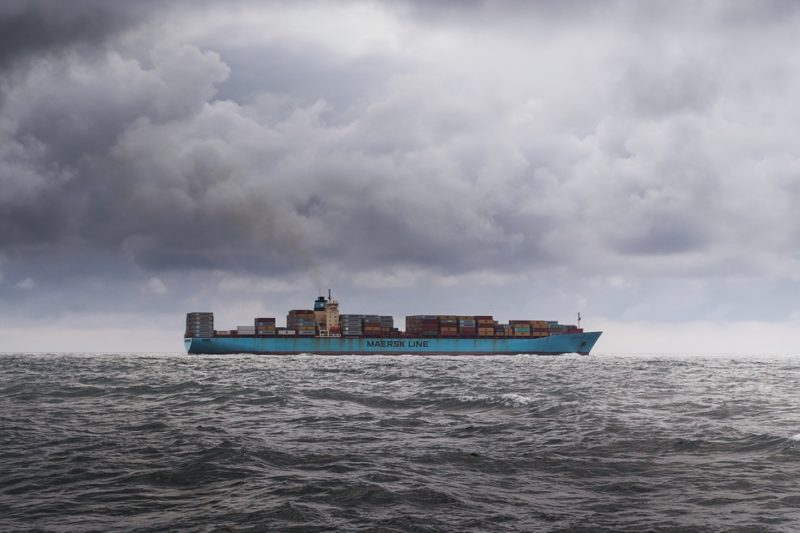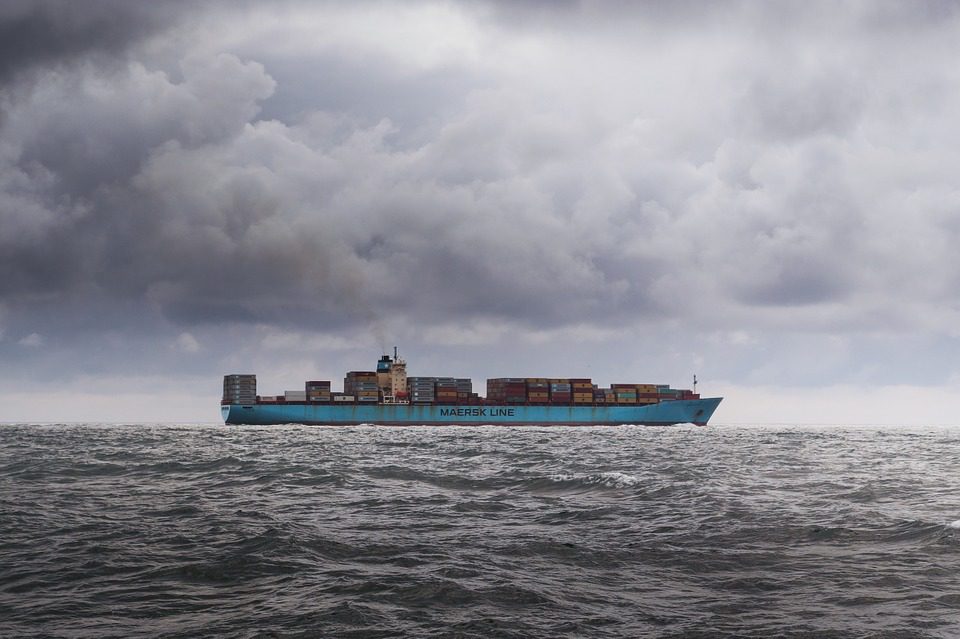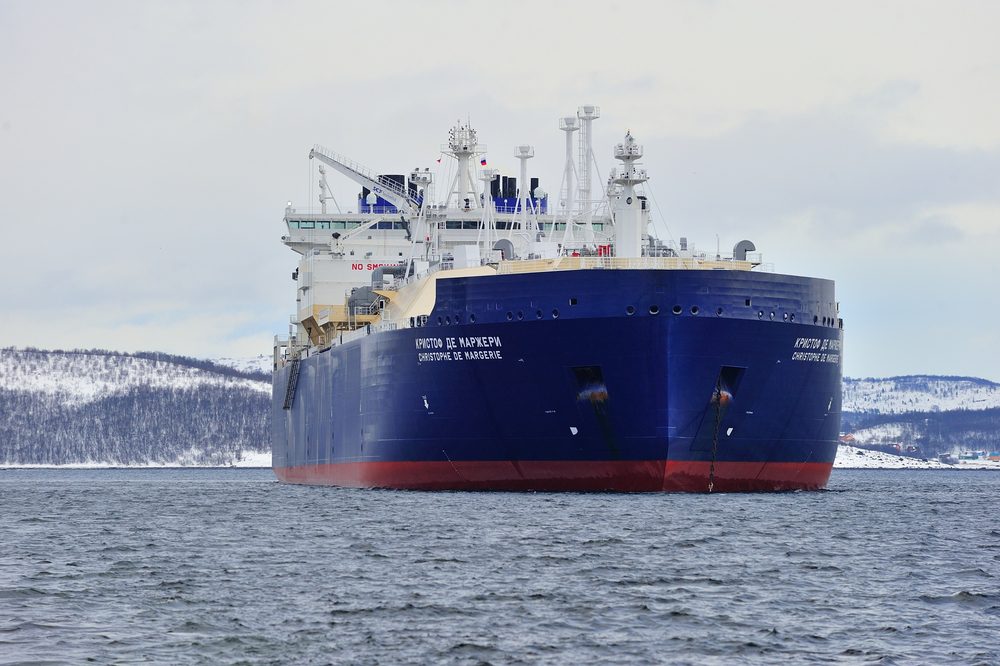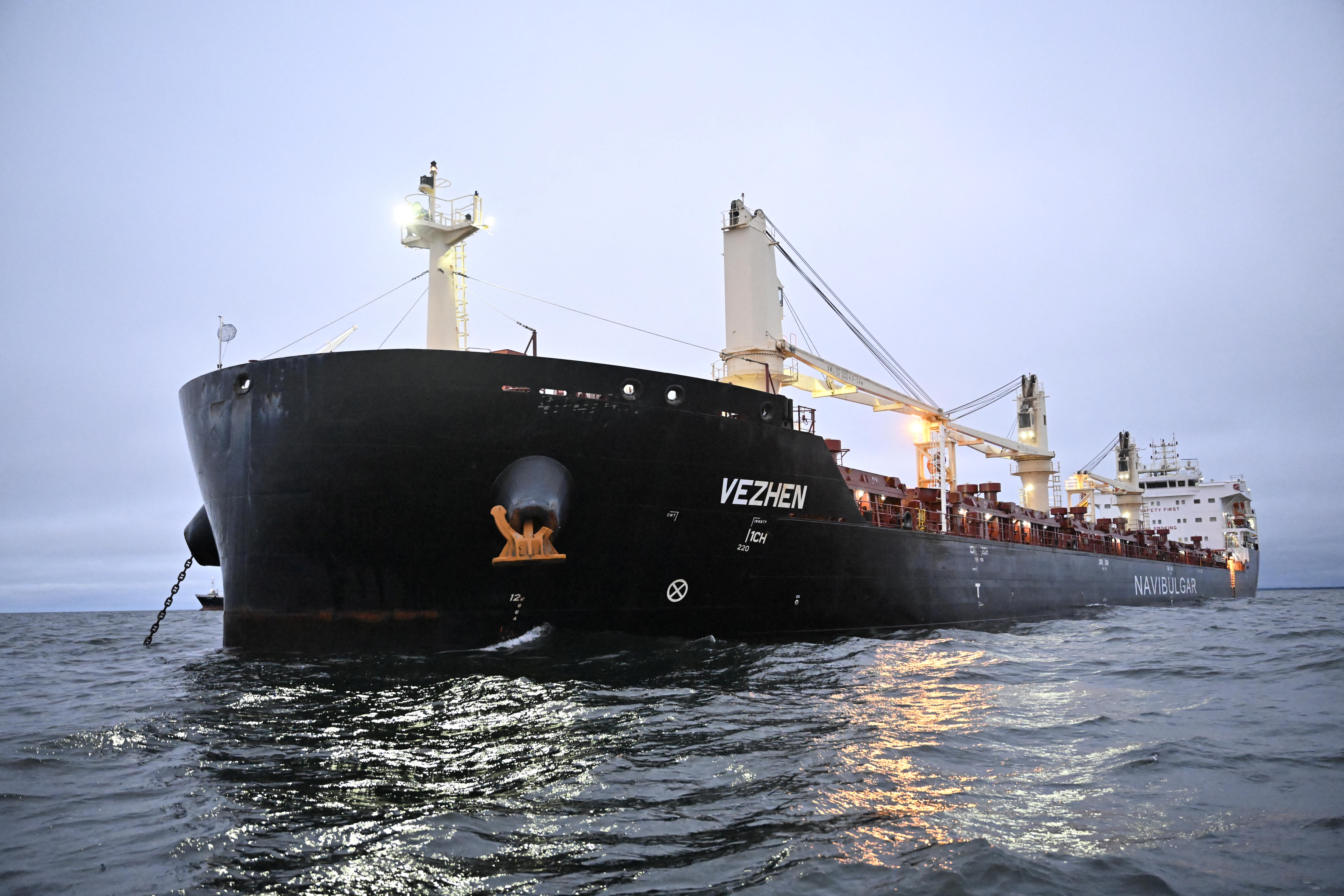
 LONDON, September 23 (Fitch) The decision by A.P. Moeller-Maersk A/S to split into two separate divisions – Transport & Logistics and Energy – reflects the challenging fundamentals in the sectors in which it operates, and diminishing counter-cyclical benefits of operating in them in the current economic cycle, Fitch Ratings says.
LONDON, September 23 (Fitch) The decision by A.P. Moeller-Maersk A/S to split into two separate divisions – Transport & Logistics and Energy – reflects the challenging fundamentals in the sectors in which it operates, and diminishing counter-cyclical benefits of operating in them in the current economic cycle, Fitch Ratings says.
We do not expect the split to significantly improve the performance of the group’s separate units, although the increased focus may help long-term strategy execution. We believe operational diversification does not consistently provide material benefit to Moeller-Maersk’s business profile because the industries in which the company operates are highly cyclical and volatile.
The group is simultaneously adversely affected by low freight rates in container shipping and low prices in oil and oil-related services, its two largest businesses. Although low oil prices reduce fuel costs in container shipping, savings were partly passed on to customers. Poor performance in container shipping is driven by chronic oversupply coupled with subdued demand growth. Neither sector has exhibited distinct, sustainable counter-cyclicality in the current economic cycle. This has undermined the benefits of operational diversification. While Maersk Drilling and APM Terminals provide some stability to group cash flow generation, they are not immune from oil prices fluctuations and broader economic trends, and they are not large enough to offset the swings in oil and container shipping businesses.
We believe that the break-up of the group is unlikely to lead to material improvement in performance of the separate units. Stronger divisional focus may bring operational and cost efficiencies, but these are unlikely to mitigate sector-specific pressures.
Maersk Line has implemented a cost-optimisation program over the past couple of years, which supported its financial metrics in 2015, but weak sector fundamentals took their toll in 1H16. Energy is likely to be the larger of the new divisions as the entities it plans to include – Maersk Oil, Maersk Drilling, Maersk Supply Service and Maersk Tankers – contributed about 60% to the current group’s EBITDA in 1H16.
The planned Transport & Logistics division, which is expected to combine Maersk Line, APM Terminals, Damco, Svitzer and Maersk Container Industry, accounted for about 40% of the group’s EBITDA in 1H16. The planned Energy division generated almost all of the current group’s EBIT in 1H16 as Maersk Line posted an operating loss.
The company expects Maersk Line to focus on growth organically and through acquisitions, which may provide further impetus for consolidation in the container shipping sector. The group also expects Maersk Oil to grow its portfolio with a focus on fewer regions, following the non-renewal of Maersk Oil’s agreement to participate in the operation of the Qatari project expiring in 2017. As a result, Maersk Oil will lose 40% of its entitlement production.
(c) Copyright Thomson Reuters 2016.

 Join The Club
Join The Club












